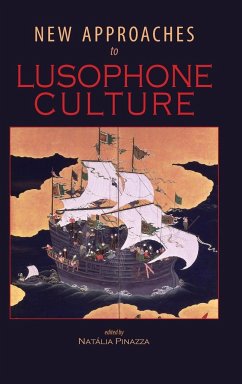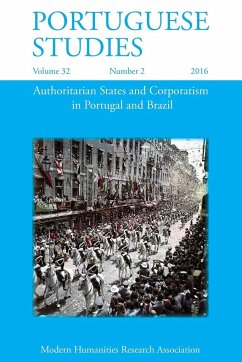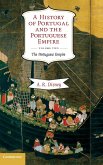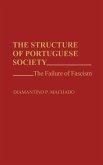The history of Brazil is marked by the transfer of the Portuguese crown to Rio de Janeiro and the declaration of its independence in 1822 whereas African colonies underwent the Colonial War in the 1960s and 1970s in the context of the Portuguese Estado Novo, while Macau, which was the last European Colony in Asia, became independent in 1999. In the wake of colonization and amidst the increasing impacts of globalization, Portuguese-speaking countries have formed national and supra-national alliances beyond the Lusophone community: Portugal with the EU, Brazil as part of Mercosur, Macau with China, not to mention Goa's annexation to India. In this context, cultural production has been marked by negotiation with the colonial past, independence in Africa and Asia and the end of dictatorship in Portugal and Brazil, changes in gender relations and dialogue with commercial genres associated with US culture. This negotiation is found in literature and films through the perpetuation or problematization of discourses symptomatic of the colonial legacy, which informs representation of historical moments as well as their aftermath. Likewise, historical and subjective memory of the dictatorship in Portugal (1933-1974) and Brazil (1964-1985) appears as a recurring theme in Portuguese-speaking culture. While there have been discussions about how Portuguese-speaking Asian and African countries have negotiated the processes and consequences of independence and how Portugal and Brazil have experienced the transition from military dictatorship to democracy, the cultural responses from Lusophone countries to these transformations remain largely unexplored. Especially scant attention has been paid to cultural products from Lusophone Asia and issues regarding gender in postcolonial Africa. Moreover, Portuguese-speaking productions of film genres associated with Hollywood, in particular Science Fiction are often overlooked. Addressing those areas in Lusophone studies foregrounds original approaches to the exploration of the diversity of Portuguese-language culture and its ongoing changes in a globalized era. This book takes original and unique approaches to explore a selected body of Portuguese-language cultural production from four different continents. Such a broad geographical scope allows exploration of a variety of genres, and subject matter that reflects the cultural diversity of the Lusophone community while simultaneously situating Portuguese-language cultural production within a globalized and postcolonial context. By foregrounding cultural diversity within the Lusophone community, the study uncovers the ways in which Portuguese-language cultural production has registered and indeed helped to transform the social-historical contexts to which it belongs. This book thus examines Portuguese-speaking cultural products not only in its national and regional context but also as part of a wider supra-national community such as the Lusophone one, which is characterized by a colonial legacy that is still kept alive by language and culture. New Approaches to Lusophone Culture is an important book for Lusophone and Iberian and Latin American studies and cultural studies in general.
Hinweis: Dieser Artikel kann nur an eine deutsche Lieferadresse ausgeliefert werden.
Hinweis: Dieser Artikel kann nur an eine deutsche Lieferadresse ausgeliefert werden.








